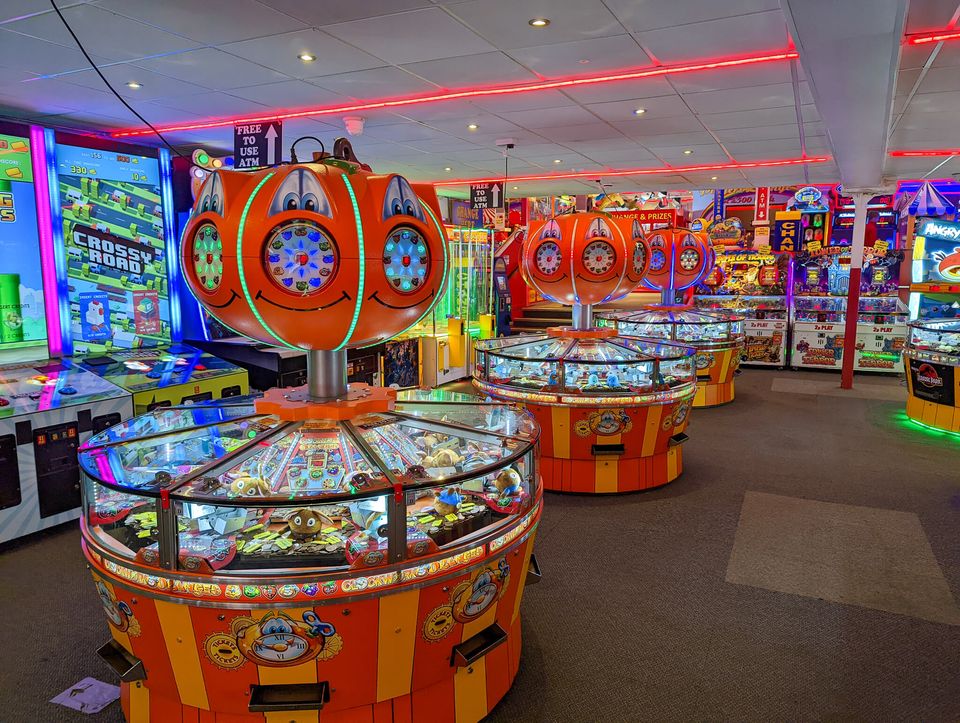Americans Already Work Two Extra Full-Time Jobs

Greetings fellow travelers.
I found a statistic that's going to flummox you, which for my non-native friends means to bewilder or perplex. When I considered the implications, it certainly made me feel like the title of the Led Zeppelin song, Dazed and Confused.
Here it is: Twenty years ago, American adults consumed up to an average of 40 hours of media a week. Wait, that's not the crazy part. Today, we consume about 80 hours of media a week. WTF?! (And no, I'm not going to spell that one out.)
Upon returning to the U.S., I've been watching people in public to get insights about our daily life. I thus had a hunch that our screen time had gone way up. I struggled to find good statistics to support what seemed obvious on its face. My source today seems reliable: Dr. Carl Marci, a psychiatrist at Massachusetts General Hospital and member of the faculty of Harvard Medical School. And interestingly, for our purposes, the former Chief Neuroscientist at the Nielsen Company.
Nielsen is a name many Americans will recognize. Here's how they describe themselves: "A global leader in audience insights, data and analytics, Nielsen shapes the future of media with accurate measurement of what people listen to and watch." Nielsen has every incentive to figure out exactly where we are spending our time because they are selling their data to programmers and advertisers. Helpfully, their methods do not rely on individuals having to remember and then honestly report their activities.
You have some questions, right? I know I do. First, "Can these figures really be true?" Let's assume that our sources are good, if not in every detail, then at least directionally.
Next, "How do people find the time to spend the equivalent of two full-time jobs consuming media?" How indeed. The short answer is by multitasking. That is, no matter what we are doing, we are now typically simultaneously consuming media in some form.
And lastly, "What the heck are people spending so much time consuming?" For the answer to this, just consider how many new offerings emerged in the last 25 years:
- From traditional radio, we have moved to digital radio, streaming, and a profusion of podcasts;
- Our old-fashioned CDs have given way to Pandora, Spotify, Apple Music, Amazon Music, YouTube Music, and countless more.
- Broadcast TV was overtaken by cable TV, which itself is being overtaken by streaming services: HBO, Netflix, Disney Plus, Hulu, Sling, Amazon Prime, Peacock, Fubo, and many others.
- News used to come in written form in something called "newspapers," remember? You might still get some of your news this way, but I bet a lot of people today no longer stain their fingertips with newsprint.
- Social media itself has exploded onto the scene. Hard to believe, but every one of the following apps was launched in the last twenty years: Facebook, YouTube, WhatsApp, Instagram, TikTok, Snapchat, Redditt, Pinterest, Twitter, and LinkedIn. The least active of these platforms has more than 300 million monthly active users, while the most active have billions of users.
Americans already spend more hours working on average than most people globally. I'll talk more about that another time. When you add to this our gargantuan consumption of media, it's no wonder people say they are busier than ever! How could they be anything but completely consumed all of the time?
The good Dr. Marci thinks all this might be having some consequences. He's written a book that was published recently called Rewired: Protecting Your Brain in the Digital Age. From the blurb: "overuse of smart phones and social media is rewiring our brains, resulting in a losing deal: we are neglecting the relationships that sustain us and keep us healthy in favor of weaker and more ephemeral ties."
Suddenly a lot of things are clearer to me: why our politics is so polarized, why we cannot have civil conversations with each other anymore, why everyone wants to work from home, and why kids are both depressed and anxious at record levels (hey, I guess they learn to multitask early too).
I used to think that the problem with multitasking at work was that it made us perform worse on the job. This is still true and researchers have repeatedly demonstrated the negative effects on our work performance. But I now see our media multitasking addiction is also making us irritable, close-minded, and unhappy.
I am all for America continuing its habit of being exceptional. We have done great things and are destined to do more great things. Let no one convince us otherwise. But is our media consumption really one of the areas where we want to stand out?
Be well.






Member discussion